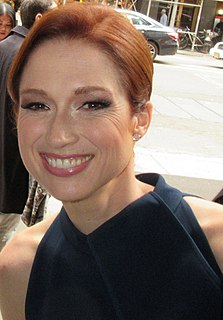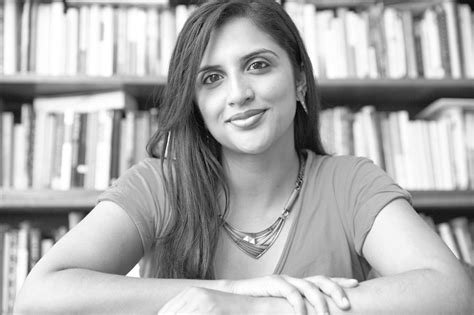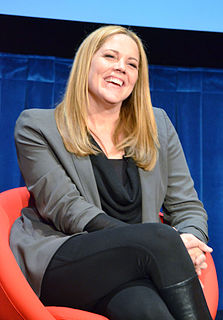A Quote by Giancarlo Esposito
I feel that our stories are cross culturally irrelevant, and I'm a member if a larger community of people who have no boundaries in terms of color or in terms of how I look at other people and their stories.
Related Quotes
My being Indian is possibly the biggest thing that influences my stories. Not just in terms of settings - most of the settings in my stories are Indian - but also in terms of characters and plot. I think growing up in India grew my imagination in certain ways that would not have happened in any other place. I'm also fascinated by the idea of India, and writing stories allows me to explore this. As for thematic elements, they are probably pretty obvious in my stories. I also hope that my stories bust stereotypes at least to a modest extent.
So I found myself telling my own stories. It was strange: as I did it I realised how much we get shaped by our stories. It's like the stories of our lives make us the people we are. If someone had no stories, they wouldn't be human, wouldn't exist. And if my stories had been different I wouldn't be the person I am.
What happens to children and families today who sit around the television? They're watching made-up stories. It's not their experience and it's not truly shared. A human being must learn at a very young age how to connect to other human beings. Our technologies are driving us apart, only connecting us in terms of information, not in terms of emotions.
After September 11 there was feeling obligated to respond, and allow other people to set the terms of the conversation. There was this ritualistic condemnation of terrorism. I'm not saying that that's unimportant, but it became the case that the Muslim people in the United States or in other parts of the world were inclusively taking on responsibility for things that they had nothing to do with. Of course, it's very important that a community define its moral boundaries. A community also must acknowledge what it can and cannot control.
It's interesting because with a lot of people who I've met in comedy, it seems not to matter what your background is. In terms of formal schooling - I feel like that's a nineteenth century term - but in terms of where you went to high school or college, or wherever, all that really is irrelevant, I have found, in comedy.
When the function of libraries is put in terms of their contributions to the community, people see their centrality. The challenge to us is to continue to help them see it in those terms to describe our larger purposes. We must assert that libraries are central to the quality of life in our society; that libraries have a direct role in preserving democratic freedoms. Free access to information and the opportunity of every individual to improve his or her mind, employment prospects, and lifestyle are fundamental rights in our society.



































